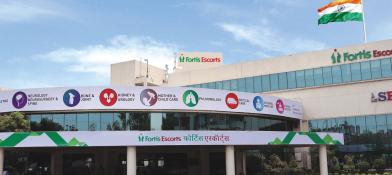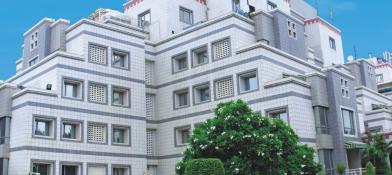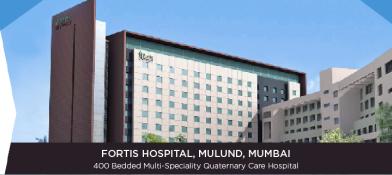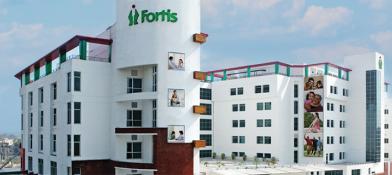Open prostatectomy
Open simple prostatectomy is a surgical approach for the treatment of lower urinary tract obstruction caused by an enlarged prostate, a condition called benign prostatic hyperplasia (BPH). It is generally recommended for men who have severe urinary symptoms and very enlarged prostates. The surgery does not always remove the entire prostate, as is done in a prostate cancer operation, but removes just the obstructive part of the prostate that blocks the flow of urine.During open simple prostatectomy, the part of your prostate blocking urine flow is removed through a cut (incision) below your navel. It may be done by making several smaller incisions in the abdomen through a technique called laparoscopy or with the assistance of a robot to accomplish the same thing.






























